“If you build it, they will come” definitely belongs in a Field of Dreams.
It simply isn’t a reality for most.
In fact, some say PR is more important to a production than the production itself.
Without it, you might as well be a recluse in a room, making great and beautiful things. Perhaps, a fortunate one of those, every now and then, can still find a lasting audience or at least posthumous acceptance from that lonely place. However, we’re left to wonder what other amazing creations might have come from those, ignored or shut out by a system that did not – would not – see them, much less bring public awareness to them at the time.
If you seek interaction while you live, bonds that affirm not only your existence, but your growth and discovery in that journey, your creations from it, and your need to continue, you seek good public relations.
Your vision and your message require a strategy for reaching people. I know this. I’ve known this over the last twenty-five years. Still, it remains one of the greatest challenges to my own enterprise. If you’re a zillionaire, or coddled by one, you have all the means you need to produce and distribute and promote your film on one worldwide track. If you’re not one of those privileged souls, you’re looking for help.
Public relations can be a risky business because it’s most effective coming from someone else.
People generally distrust or tune out self-promotion. They might doubt your quality and skill or even conjure falsehoods about your character from it, though so many of us have little choice with little funding between projects and campaigns.
The kind of public relations and marketing that can pull your work out of “the noise”
(media platforms awash with content) and protect you from theft
is no longer a function of self-reliance or your own abilities to produce.
It comes down to the ethic, skill, and network of those who represent you or your work.
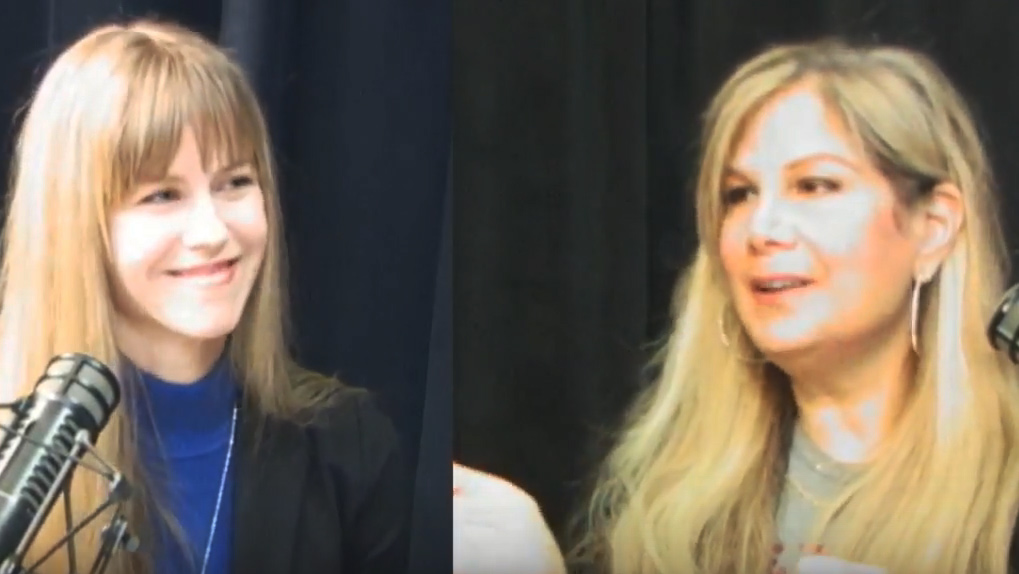
In addition to that social reality and risk, I’ve discovered that hiring a promoter / spokesperson is not even a certainty nowadays.
Most look for acting or music careers (popular trades) to promote, or they prefer easier, industry-approved and obedient projects that conform to a familiar model.
I’ve encountered PR firms that turn down dance before they even see it. If you’re pushing an organic, cross-genre project to boot, your search is bound to narrow even further, which doesn’t necessarily mean you’re left with good, remaining options or the ideal PR fit for your film.
To be brutally honest, the PR profession also suffers
a general lack of transparency, if not a shady reputation.
It stands between you and a press that’s not easy to move, unless it’s covering someone who probably doesn’t need the press.
Fair enough and a reasonable basis to give promoters some space-time to find and secure media interest in your work, but from my experience, promoters don’t generally reveal their methods or communications. You’re not privy to their efforts on your behalf, unless you’re housing them.
They might say they’ve received great response to your work…They might even put a schedule in front of you or have you interviewed by someone, but you never really know what’s going on, until you see real results or the lack thereof.
The cost, time, and brand setback can be very real, if the task of navigating media filters and influencers to reach the people is handled carelessly or poorly – or not at all.
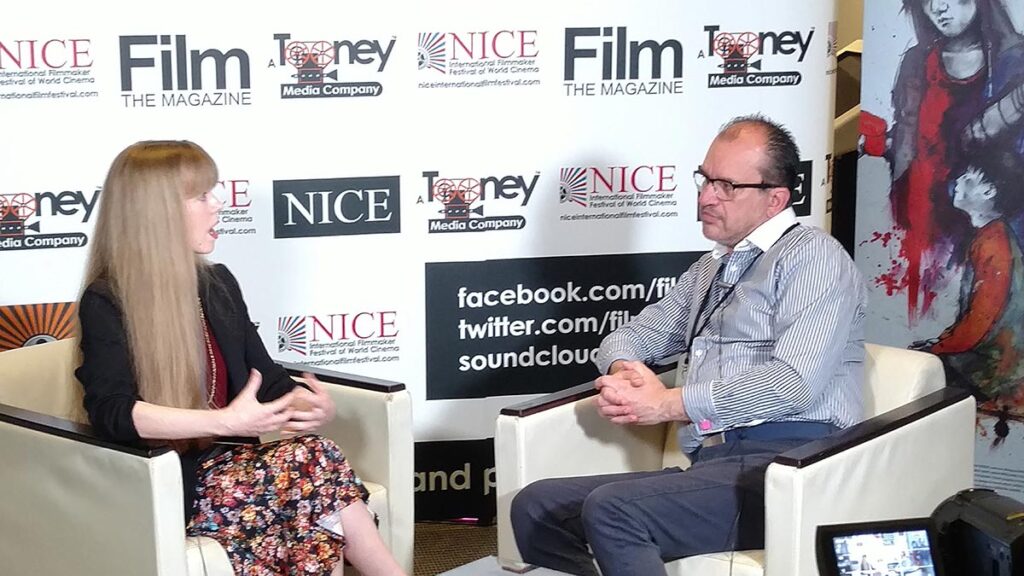
This is not to say, good promoters don’t exist. They do.
My very first was excellent, a confident woman with a good community reputation, a strong TV / print network, and a commanding presence. She was the most transparent of anyone I’ve hired since. Her old-school recipe for success:
* Bake shortbread. * Walk into the studios. * Stand in front of your hungry contacts. * Satisfy an afternoon craving while creating a new one to see and expose the client’s work * Repeat regularly. * Call constantly * Keep all media fires burning, until the curtains come down on closing night.
In-person persuasion (with good shortbread) was her forté, and her ethic – strong.
She didn’t reduce her work (the whole reason she was hired) to a weekly meeting and then call it job done or money justified. To her, results were more important than those appearances.
Indeed, we don’t hire PR firms to talk to us.
They’re paid to influence and persuade others.
Anyway, she would invoice only after a period of demonstrable work, every hour tracked and logged with numbers dialed, negotiations pursued, interviews secured or achieved, and miles driven for outreach. Her work was money well spent, and I wasn’t even charged for bake-time. I could see and feel the result of it, especially on the night of a sold-out premiere. When she moved away and into semi-retirement, I knew we had lost some vital human support and that she would be incredibly difficult to replace.
I did appreciate another publicist in Burbank for a while, who definitely had good access to very talented, reliable writers, radio hosts, and communicators.
Unfortunately by the time I landed Grace Fury’s theatrical premiere in NYC, we had exhausted his network that didn’t extend across the country, or at least not into NY.
Good promoters, even those with limited reach, are invaluable. If you find them, hang onto them – and don’t let them retire. Otherwise, PR can be a mine field to explore.
More on this subject next.


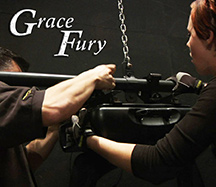
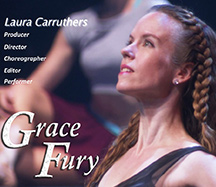
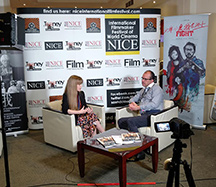

Trackbacks/Pingbacks